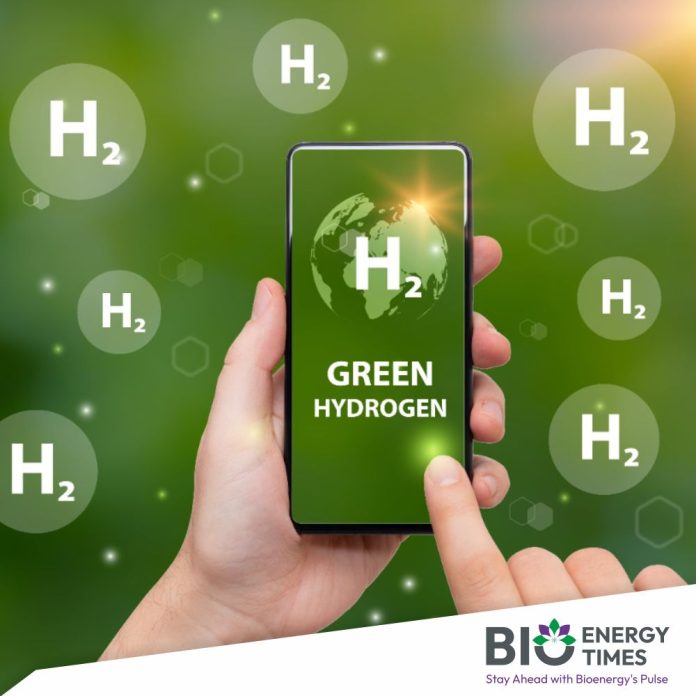The Punjab government has shared a new plan to make the state a major center for producing green hydrogen and ammonia. The draft Green Hydrogen Policy 2023 supports the national effort to reduce pollution and focuses on using Punjab’s large supply of farm waste to help the country reach its climate goals, reports Energetica India.
The state wants to produce 100,000 tonnes of green hydrogen every year by 2030. It hopes this clean fuel will help cut pollution in industries, transport, and energy. Under the plan, current factories like oil refineries and fertiliser plants will need to start using at least 8% green hydrogen, while new factories will have to use it entirely.
To support this change, the state will set up special zones where green hydrogen is both made and used. Punjab also wants to export green hydrogen and ammonia to other countries, using its good location and natural resources to its advantage.
The policy includes financial support to attract businesses. Projects that turn farm waste into hydrogen can get up to ₹15 crore each, for up to ten projects. To promote hydrogen-powered vehicles, the government will offer a 20% subsidy—up to ₹50 lakh per vehicle—and up to ₹3 crore for each hydrogen refuelling station.
To boost early use, the first ten factories that use green hydrogen will get a ₹50 per kilogram discount for five years. The state will also remove charges like stamp duty, electricity duty, and land-use fees to make it cheaper to build these projects.
Other benefits include a 50% cut in fees for using the state’s power network and no extra charges for supplying power to other users. Village land will be made available to set up projects and store farm waste, which will also support jobs and growth in rural areas.
The state plans to improve its energy infrastructure by building pipelines that can carry hydrogen and upgrading the electricity grid. A new research center will be set up to train workers, support small projects, and test new ideas in transport and energy storage.
Small companies and new businesses will receive help from a special fund that the government plans to create using money collected through a green tax. To save water, the policy encourages using treated sewage water instead of clean water to make hydrogen.
A single-window system will be set up to make it easier for investors to get approvals. The Punjab Bureau of Investment Promotion will manage this process, which will be linked to a national online approval system. The Punjab Energy Development Agency will oversee approvals, and a group of experts will review project proposals. The state’s renewable energy department will handle any updates to the policy.
A major focus of the policy is using paddy straw and other farm waste to produce hydrogen. This adds value to farm leftovers and helps solve the problem of stubble burning. By combining clean energy goals with support for farmers and rural development, Punjab’s new policy aims to create a cleaner and stronger future for the state.














